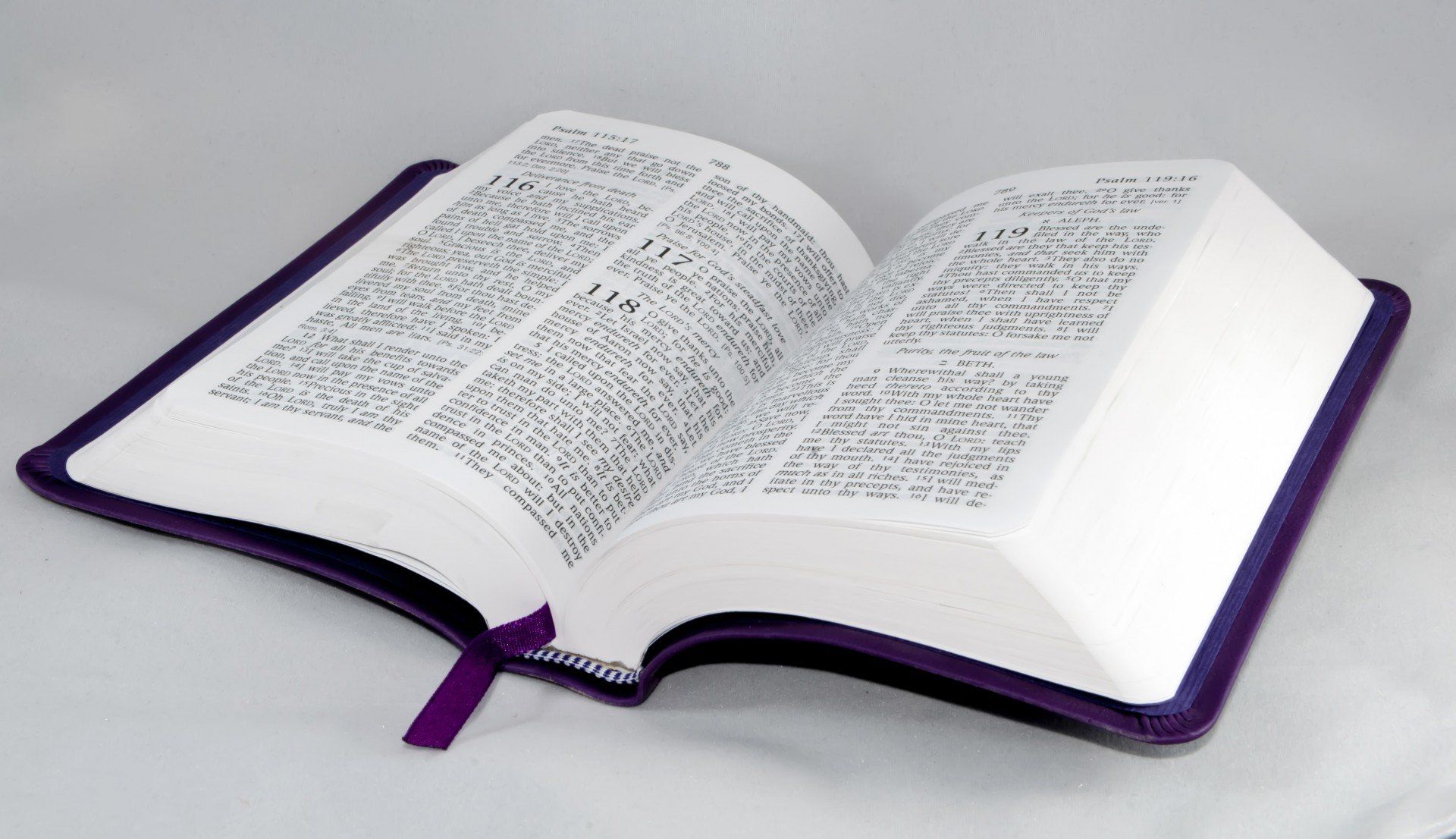Jesus: Better Ministry, Better Promises

Hebrews 8:1-13
Chapter 8, is the beginning of a more lengthy section that goes down to 10:18. Broadly speaking, chapters 5-7 deal with the person of Christ as "high priest"; chapters 8-10 focus on the ministry of Christ as "high priest."
The Heavenly Ministry (8:1- 6 )
This new section opens with what appears to be a summary: "we have such a high priest," the one who is "seated at the right hand" of God's throne in heaven. Then, continuing to speak of Christ, he introduces a new theme by saying that this Christ in heaven conducts his priestly duties in heaven. That is, he is "a [priestly] minister in the sanctuary" in the real Holy of Holies erected not by mortals but by the Lord.
Now "Christ has obtained a ministry which is as much more excellent than the old as the covenant he mediates is better" (v 6). The word "ministry" is used in the same sense as "minister" in verse 2; both refer to Christ's ministry as our heavenly priest. The statement is in the "how much better" form, significant in Hebrews. Christ is "so much better" than the angels (1:4). His covenant and his ministry are "so much better" than the old (8:6). His offered blood is "so much better" than the blood of goats and bulls (9:13-14). His blood speaks "better" than the blood of Abel (12:24).
The statement contains also a different level of comparison between Christ's better priestly ministry and his better covenant. The first inextricably involves the second, for a better ministry demands a better covenant. Indeed, the minister is the mediator. Christ is our high priestly minister and God's mediator. Ordinarily, we think of a mediator as a go-between who stands on neutral ground and brings the contracting parties together. Certainly, Christ is our mediator. In Hebrews, however, his mediating work on our behalf is as high priest. But with reference to the (new) covenant, his function is not the same. Where the covenant is concerned, he is primarily God's representative or agent.
The New Covenant (8:7-13)
A better covenant with better promises implies the inadequacy of the previous covenant. "For if that first covenant had been faultless, there would have been no occasion for a second." This in a nutshell states the author's contention. The Levitical priests and sacrifices were "weak and useless" in the sense that they could not bring a person near God (7:18-19). And where in the old covenant was there a place for Christ? It was God, then, who censured the first covenant and replaced it with the second. Notice that the opening and closing statements of this section declare the temporary character of the old covenant.
The old covenant was no more than a brief setup that would have to give way to something better. This was very clear even in the time of the prophet Jeremiah. Six centuries before Christ, he saw that the nation of Judah would fall to the invading armies of Babylon. Judah had sinned; it had broken its covenant with God. It would be snuffed out, and its beautiful temple would be reduced to rubble.
But Jeremiah looked beyond all of this to the time when God would establish a new relationship with his people. "The days will come, says the Lord, when I will establish a new covenant with the house of Israel and with the house of Judah" (v 8). The quotation, from Jeremiah 31:31-34, is the only passage in the Old Testament that specifically speaks of a "new covenant." This covenant would be radically different.
The author, as he continues to quote Jeremiah, describes the essential nature of the new covenant.
1. It is a covenant of assurance. "This is the covenant that I will make with the house of Israel after those days, says the Lord."
2. It is a covenant of obedience. "I will put my laws into their minds, and write them on their hearts, and I will be their God, and they shall be my people" (v 10).
3. It is a covenant of grace. "For I will be merciful toward their iniquities, and I will remember their sins no more" (v 12).
But written in the terms of the new covenant is God's promise of pardon. Our sins are fully forgiven and forgotten. Instead of "a reminder of sin year after year" (10:3), God remembers sin no more at all (10:17). Of course, this remarkable promise of forgiveness, this wonderful covenant of his grace, is only through Christ and his sacrifice (9:11-14, 28; 10:12-14; 13:12).
In the author's view, however, the prophecy of Jeremiah comprised something in addition. It was for him total proof that God had dated the old covenant and had made it a thing of the past. "In speaking of a new covenant he treats the first as obsolete. And what is becoming obsolete and growing old is ready to vanish away" (v. 13), Notice the word "obsolete" occurs twice. First, it refers to something that is past. This is made clear: "he has made the first one obsolete." God himself antiquated it. It could no longer serve his purpose. Second, "obsolete" is used.
The new covenant perfectly fulfills the terms of an ideal covenant. God had this in mind from the time of Abraham. At Sinai he sought to establish his covenant with Israel, but Israel disdained it. They did not keep their part of the bargain. Now God has provided a new and better covenant for his people. He is theirs, and they are his. Engraved within them is the delight to do God's will. They know him and walk in his ways. And forevermore they have the forgiveness of their sins.
Christ is in heaven for them, their great high priest. He ministers in the real sanctuary above, where God is and where real forgiveness takes place.
Bob's Blog









